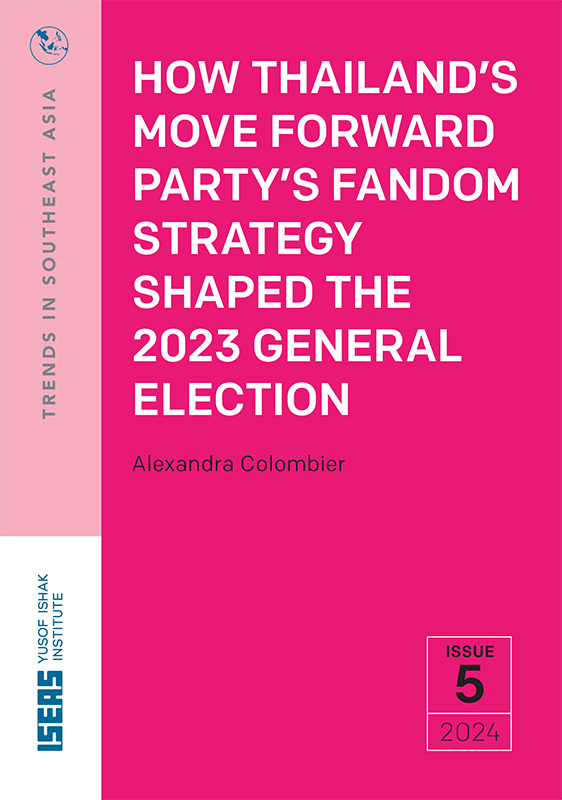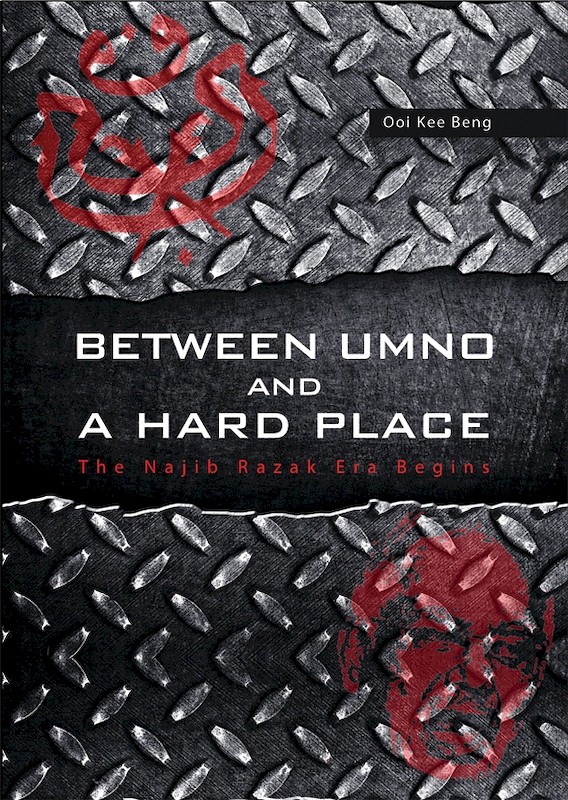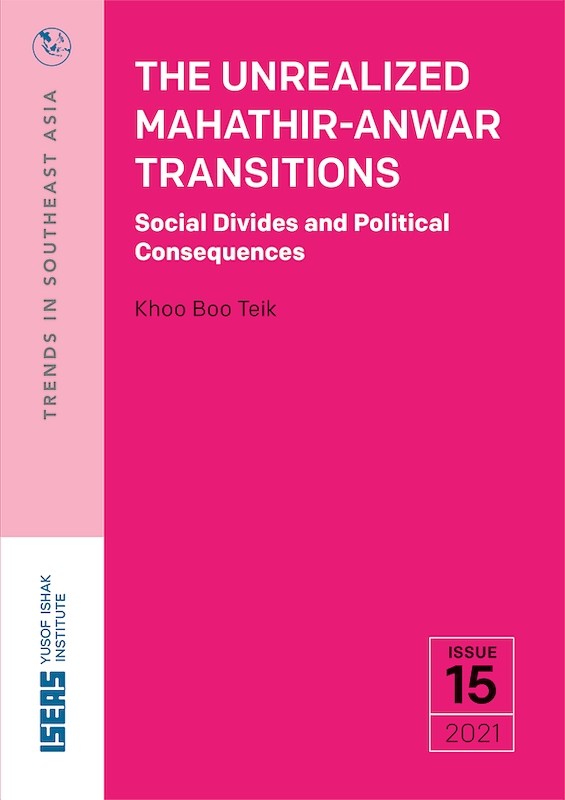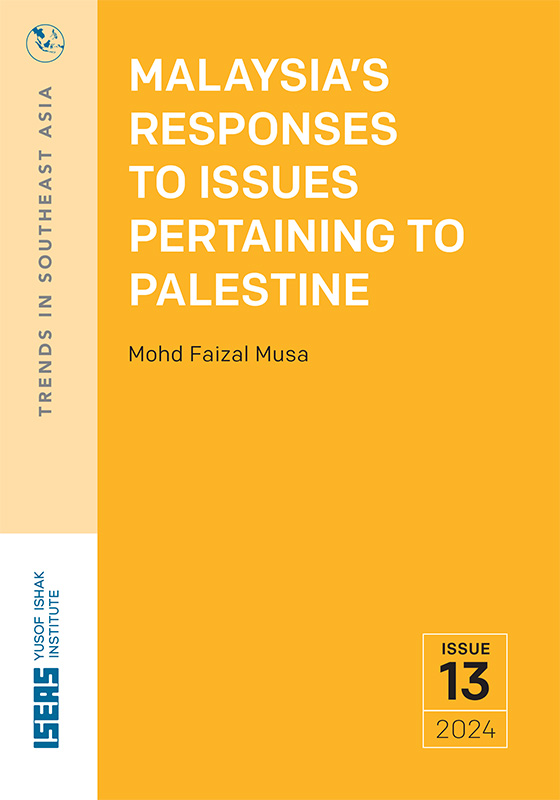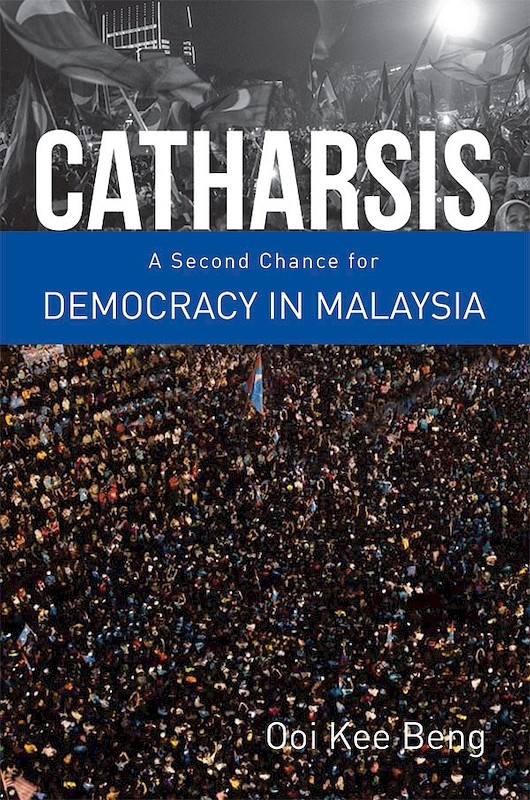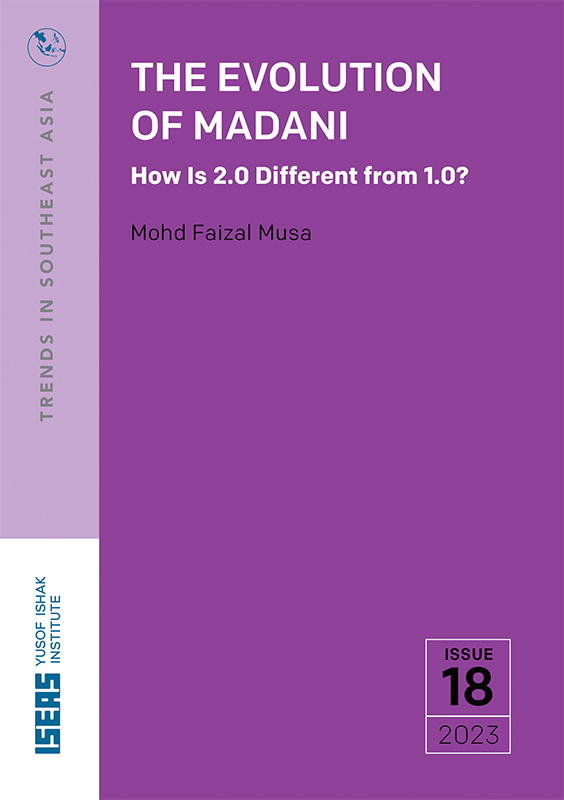"Stanning" Najib: Fanning a Personality Cult in Malaysian Politics
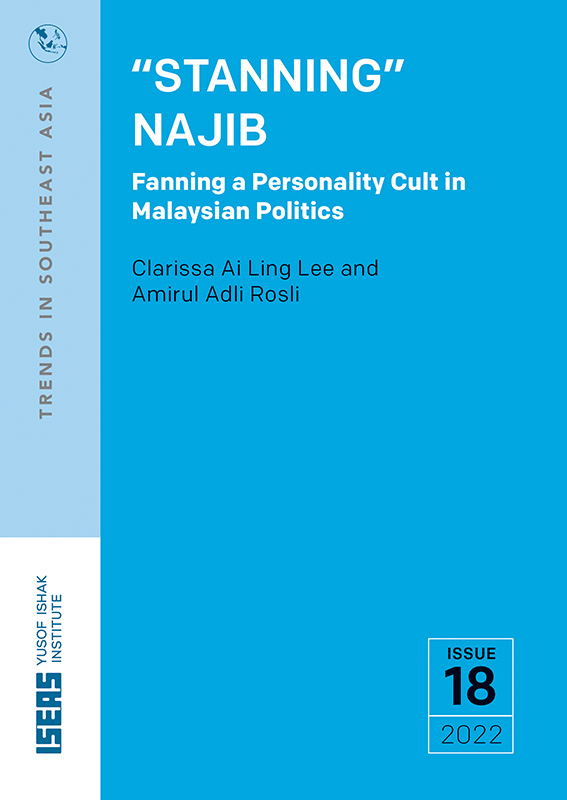
Date of publication:
2022
Publisher:
ISEAS – Yusof Ishak Institute
Number of pages:
32
Code:
TRS18/22
Soft Cover
ISBN: 9789815011975
About the publication
The concept of fandom, which contributes to the construction of fan fiction, provides fresh insights into the seemingly inexplicable and irrational popularity of disgraced political celebrities. Political fandom provides the critical framework for contextualizing the continuing popularity of political social media influencers such as Najib Razak within an environment of populist politics.
Political fandom comprises fans and anti-fans, each of whom is capable of critical reasoning regardless of conclusions drawn. The presence of anti-fans of an influential figure speaks not to the waning of popularity, but rather, the continuing relevance of that figure within socio-political spaces.
Malaysia’s political fandom does not subscribe to well-defined morality when it comes to celebrity politicians. The fans appear more tolerant of the amorality of said politicians than they would be of themselves, their circle, and their peers. Among the Malay-speaking and especially the more rural constituents, the way politicians portray their stance on Islam and address the bread-and-butter issues of their constituents appear to be more important than the politicians’ personal ethics.
Najib Razak’s various sources of social capital, derived from his political lineage, his contributions during his time as Malaysia’s Prime Minister, and his ability to brand himself as a social media influencer, made him appear a potent political force despite being the first former Prime Minister to be convicted of corruption.
Najib Razak has been adept at spinning social media trends to his advantage and in connecting with the mundane lives and hardships of ordinary citizens. Through his social media postings, he was able to inspire both fans and anti-fans to produce fan fiction around him in the form of images and texts which he could selectively interact with, and even use as content for his “crusade” on behalf of his supporters as an opposition MP, or as distractions from controversies associated with him.
Although Najib Razak is the main focus here, a comparative analysis of Anwar Ibrahim, as a rival politician, is provided to demonstrate how Najib constructed his social media persona in ways savvier than his political opponents.
Contents
-
"Stanning" Najib: Fanning a Personality Cult in Malaysian Politics
[Whole Publication, ISBN: 9789815011982], by Clarissa Lee Ai Ling, Amirul Adli Rosli, authors

